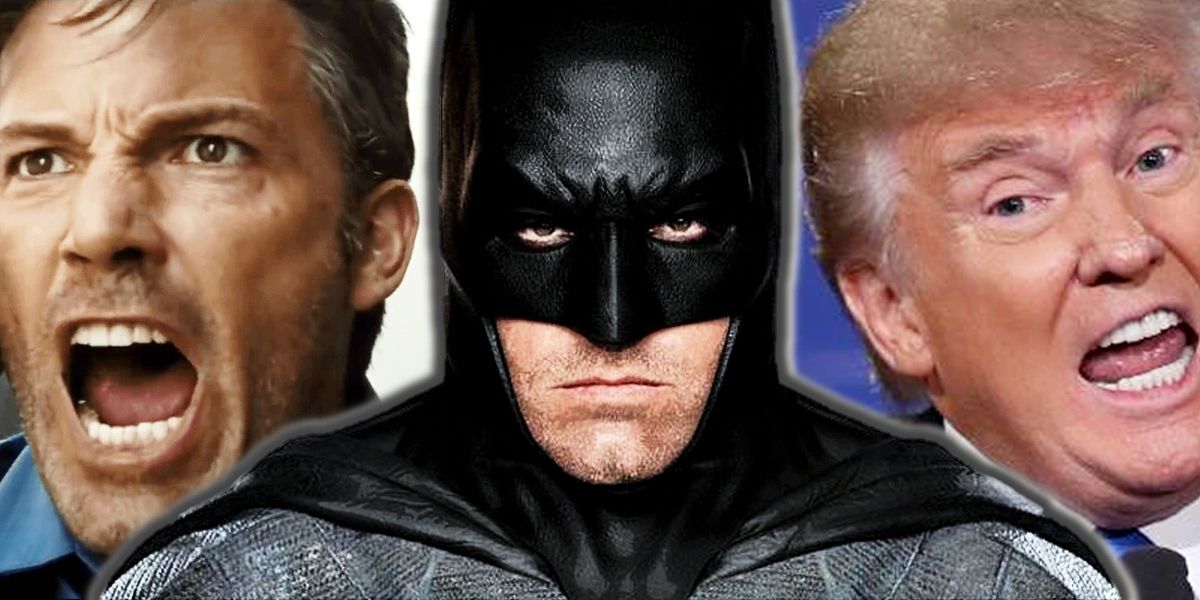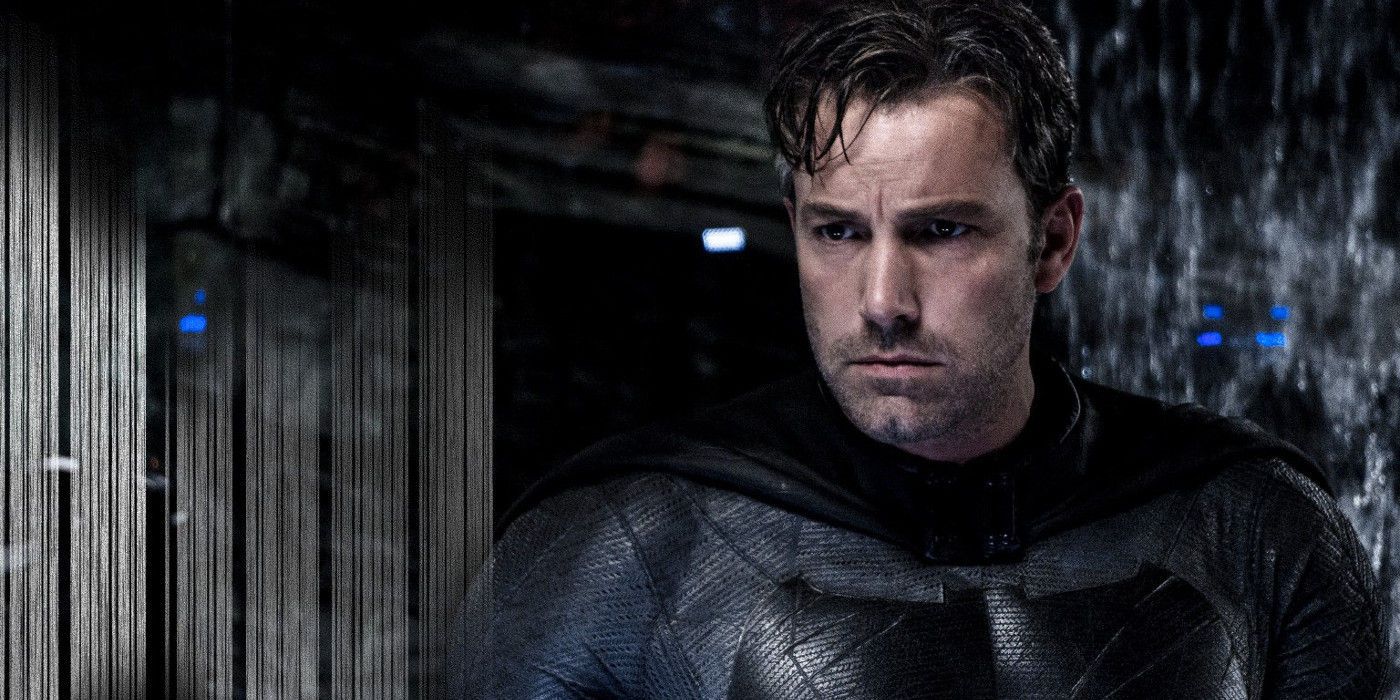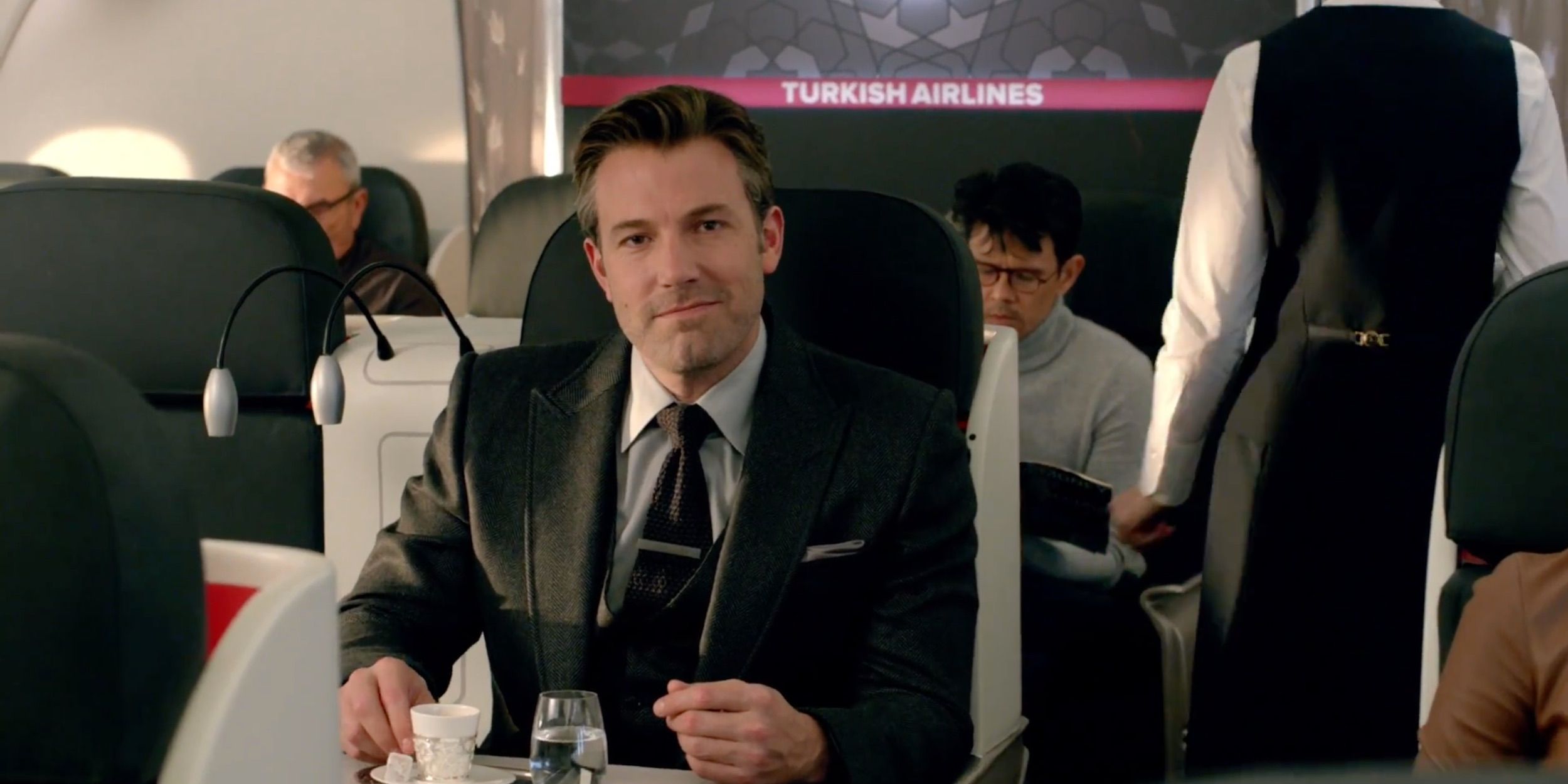The paranoid, extremist take on Batman that fans got in the DCEU may not have won their approval... but would he have won their vote? Fans of Zack Snyder have long claimed that the director's vision of Batman, Superman, and the larger DCEU they inhabit has been underappreciated or misinterpreted by reviewers and critics. But given what's transpired in the United States since Batman V Superman's release - an American President endorsing 'tough love' and threatening preemptive nuclear strikes, the growing perception of immigrants as existential threats to the country, and outbreaks of violence involving newly emboldened hate groups - the world seems determined to prove Snyder's vision of America is worthy of more discussion than it actually received upon release.
With that in mind, we're taking a closer look at the film, now that Zack Snyder's vision of xenophobia, political extremism, and reconciliation in modern America seems more relevant than ever. In addition to this exploration of Superman's narrative reflecting that of modern minorities - and Muslims in particular - we'll also be covering the other title hero, and how foes became friends in the following articles:
- DCEU’s Superman Tells The Story of Muslim America
- The DCEU Batman & Superman Are The Heroes America TRULY Needs
We doubt that examining Bruce Wayne as a seasoned, politically incorrect, extreme endorser of 'tough love' and ready and willing to go to extremes through the lens of Donald Trump's presidency will change the minds of the most vocal detractors of Snyder, BvS, and the DCEU. But for those who open up to the comparison, the means to solve the world's current problems like actual superheroes may be revealed. Hopefully, before we pay a similar price.
The Hero Who Traded Peace For Security
If Batman V Superman is a story of today's America, with Superman representing the immigrants, minorities, and cultural 'threats' targeted by white nationalists and other hate groups, Batman is literally and figuratively the authority given the power to act, oppose, and attack. He's not the only one in the story, and we'll get to Senator Finch (Holly Hunter) soon. But if Finch's hearings are meant to stand as a level-headed response to hatred and xenophobia, Batman stands as the more immediate, less righteous symbol he always has: a response to fear and anger that appeals to humanity's... harsher instincts.
In Batman V Superman, Bruce Wayne faces the same question now in the minds of most Americans, citizens of the United Kingdom, and countless populations around the globe: how many of our ideals must we sacrifice, should we sacrifice, to safeguard our future? Perhaps it's no coincidence that Alfred Pennyworth, the child of a much older empire sees that Batman is becoming indistinguishable from the monsters and villains he once swore to oppose. When Dawn of Justice begins, Bruce has, like so many political figures and nations, given up the moral high ground, rationalized his extreme methods as necessary, identified an enemy he does not seek to understand, and abandoned the spirit, if not the explicit values upon which his country - rather, upon which his mission was founded. (Case in point: Bruce doesn't console victims of human trafficking, but torments their abuser... becoming just as terrifying in their eyes.)
Nameless protesters may hate Superman, but what angered so many BvS critics is that Batman is supposed to be better than that. Someone with the intelligence, responsibility, and power Batman wields simply cannot embrace hate, fear, paranoia, or extremism. Were someone with such power to wield it with the same emotion, prejudice, or subjectivity as an average citizen, how quickly would they become the villain to, say, half the people they're entrusted to protect?
That's what most accepted as fact back in March of 2016, when the movie was released. A year and a half later, the obvious difference between "hate speech" and "honesty," like the difference between "xenophobia" and "patriotism" is now up for debate. And regardless of one's personal politics, the past year has demonstrated that irresponsible, harmful, and dangerous comments, statements, and legislative votes are made all the time by people who should, in one way or another, 'know better'.
The truth is, comic book fans have every right to criticize Snyder's and the DCEU's approach to Batman as cynical, unrealistic, and not at all befitting a figure of authority. As an educated, intelligent man who refuses to see the world in anything other than black and white, he can be criticized as ignorant or irresponsible. But claiming Bruce Wayne's decision to oppose Superman not for crimes committed, but the risk he poses strains believability... well, the political landscape of the last few years reveals that story to be a relevant and timely one. Similarly, it's one thing to say "people wouldn't demonstrate such ignorance and xenophobia towards the innocent in my world," and quite another to cling to that belief as white nationalists march across American universities carrying torches, emboldened by presumed support from leading political figures.
-
In no uncertain terms, Batman V Superman shows the danger of believing good people given power can remain uncorrupted. But Snyder doesn't present this bleak landscape for its own sake: the entire conflict hinges on these prejudices being overcome. If the world presented in the DCEU has proven to be a shockingly accurate reflection of our own, the saving grace of that story should probably be looked to for some hope, if not concrete solutions.
Especially since the story sees Batman absolved of his failures, and acknowledge the reasons for his hatred in time to do what heroes must: identify the true enemy, and disarm them. And for those seeing only enemies around them in their communities, their political arenas, and their nations, seeing through the confusion to the ones most eager to not be noticed isn't any easier than it was for Batman. But he did it... and so can we.



